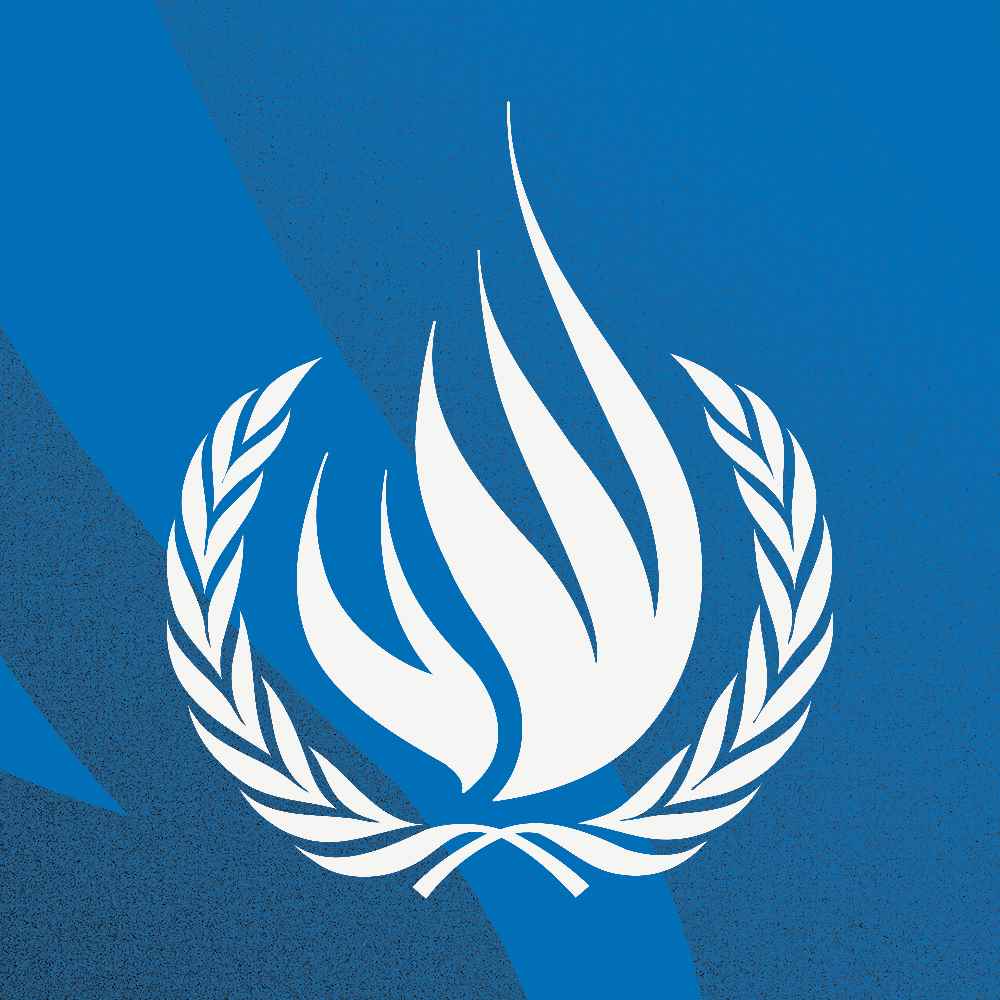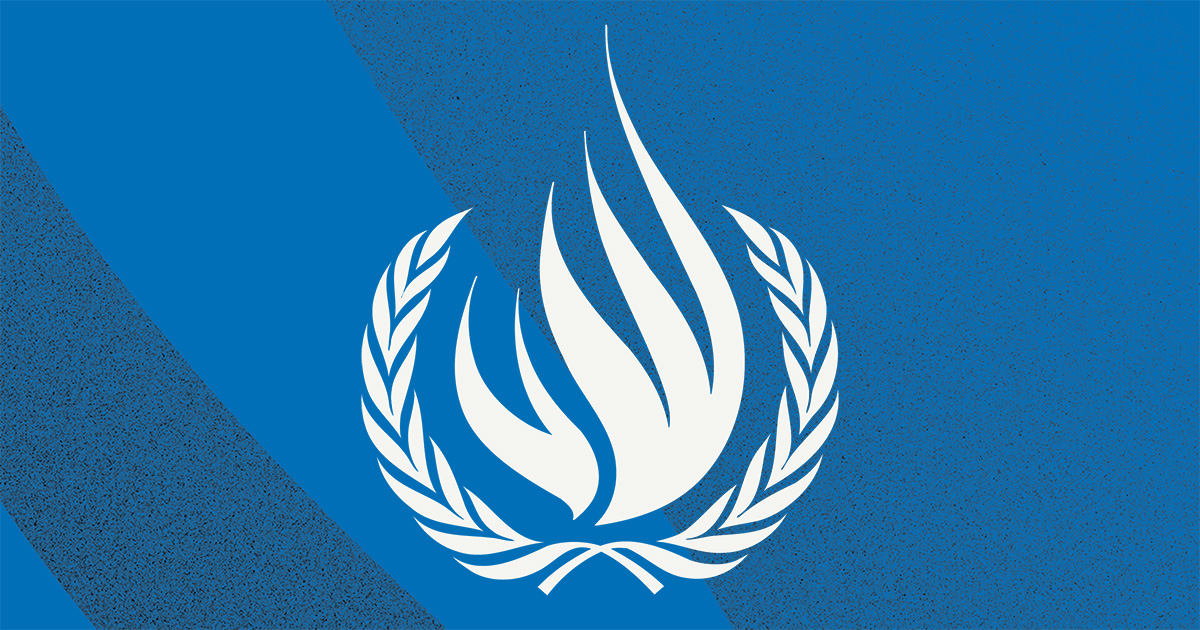
GENEVA (14 September 2022) – Facing the water crisis, the world could learn much from the management practices of indigenous peoples, a UN expert said today.
In a report to the Human Rights Council, the UN Special Rapporteur on the human rights to safe drinking water and sanitation, Pedro Arrojo-Agudo praised indigenous peoples" ancestral water systems but expressed deep concern about the rapid decline in access to safe drinking water and sanitation, given increasing pressure over natural resources in their territories.
“Indigenous peoples have been able to preserve their ancestral worldviews, knowledge and practices, today exemplary when facing the global water crisis, both in terms of sustainable management and democratic governance of drinking water and sanitation,” Arrojo-Agudo said.
But he said under national sovereignty arguments over natural resources and water, or by manipulating the so-called general interest, “the right of indigenous peoples to free, prior and informed consent is often neglected”.
The UN expert observed how the consequences of land and water grabbing mining, hydropower dams’ construction and large tourism developments negatively affect indigenous peoples" human rights to safe water and sanitation polluting their water resources with toxics, affecting their livelihoods, causing health problems, forced eviction and displacement.
Arrojo-Agudo told the Human Rights Council states should recognise indigenous peoples in their countries and guarantee their control over their water resources to fulfil their human rights to drinking water and sanitation. “I must stress that denying identity and cultural diversity neither strengthens democracy nor promotes equity.”
The Rapporteur also urged governments to provide indigenous authorities and institutions with the financial means to guarantee their rights to water and sanitation.
The Special Rapporteur highlighted the role of indigenous women as water carers and the struggles of indigenous human rights defenders who often find themselves criminalised and suffering violence for defending their water resources.
Arrojo-Agudo urged the governments and all stakeholders, including the private sector, to respect indigenous peoples" view of water resources and their right to free prior and informed consent. “Indigenous peoples see water as a common good, and not as a commodity,” he said.ENDS
Mr. Pedro Arrojo-Agudo (Spain) is the Special Rapporteur on the human rights to safe drinking water and sanitation, appointed in September 2020. He is Emeritus Professor of Economic Analysis at the University of Zaragoza and previously, served as an elected member of the Spanish Parliament during its eleventh and twelfth legislature from 2016 to 2019.
For more information and media requests, please contact: maria.acostalazo@un.org
For media inquiries related to other UN independent experts, please contact Renato Rosario DeSouza (renato.rosariodesouza@un.org) and Dharisha Indraguptha (dharisha.indraguptha@un.org)
Follow news related to the UN"s independent human rights experts on Twitter @UN_SPExperts
Concerned about the world we live in?
Then STAND UP for someone"s rights today.
#Standup4humanrights
and visit the web page at http://www.standup4humanrights.org









